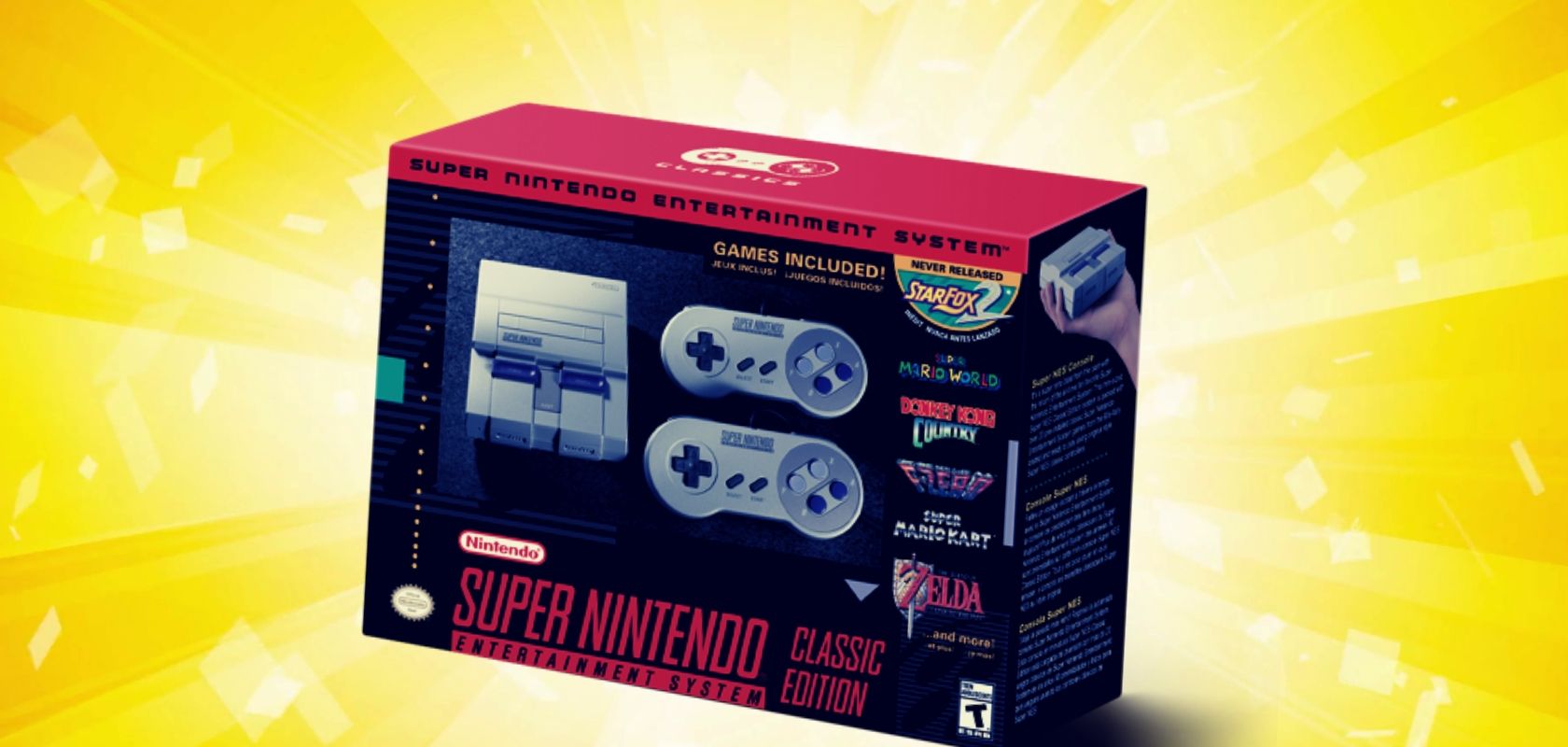The case unfolding in the California federal court involving Nintendo and RomUniverse owner Matthew Storman, whom the game giant sued for copyright infringement, is turning into quite a spectacle.
Not only is Storman the only one who chose to legally contest Nintendo’s onslaught against ROM sites – he’s chosen some unusual ways to go about it, too.
One reason why other site owners decided to comply with the corporation’s demands (either by shutting down or accepting to pay exorbitant amounts of money) is because legal battles are expensive.
Storman tried to fund his through a crowdfunding campaign that didn’t succeed – but that didn’t discourage him, either. He is now representing himself in court, and defending his actions regarding the site’s operations. with what Techdirt thinks is little skill and questionable argumentation.
ROM sites have sprung up on the internet over the years to become the only way to preserve games originally published on cartridges by digitizing them to be playable on PCs.
This was tolerated by Nintendo until it decided to profit by doing the same thing via its Super NES Classic Edition, a console that emulates classic games and makes big money off of its customers’ gaming nostalgia.
However, big money is not enough, as behemoth wants to make even more – and so it went hard after what it sees as SNES competition – unauthorized ROM sites like RomUniverse, one of the best known.
Needless to say, Nintendo has no appreciation of the work the site did to keep legacy games alive and available to modern audiences. There has been no attempt on Nintendo’s part to protect its IP and copyright in a non-hostile manner.
On the contrary, the lawsuit against RomUniverse basically calls it the devil.
“The website is among the most visited and notorious online hubs for pirated Nintendo video games. Through the website, defendants reproduce, distribute, monetize, and offer for download thousands of unauthorized copies of Nintendo’s video games,” the filing submitted last fall said.
And on Nintendo’s official, ROMs are described as “the greatest threat to date to the intellectual property rights of video game developers.”
Now, on to Storman’s quirky defense. He claims the distribution of ROMs through his website falls under the first sale doctrine, that in the US allows individuals to sell or display their purchased copy regardless of the financial interests of the rights holder.
Next, Storman is on counter-attack: he says he wasn’t aware that copyright-infringing content was on the site, and for that reason wants Nintendo to compensate him – “for false allegations of infringement.”
Read the filing here.













